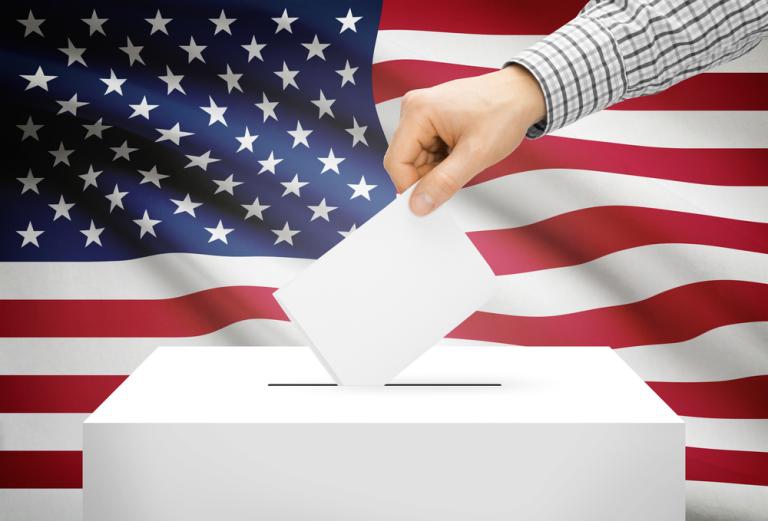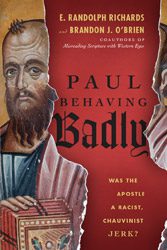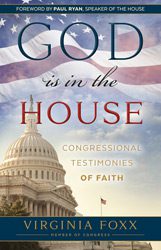By Brandon J. O’Brien and E. Randolph Richards.
When news broke about an audio recording of presidential candidate Donald Trump’s “locker room” talk, my mind went to a strange place: the apostle Paul.
Paul and Trump don’t share a lot in common on the surface. Paul was a Mediterranean Jew; Trump is a New York Presbyterian. Paul was an itinerate preacher; Trump a real estate magnate. But for all their differences, they do share this: they have both been labeled “misogynist.” And “chauvinist.” And “racist.” And a threat to civilized society. To be even-handed, it’s worth pointing out that Paul shares some things in common with Hillary Clinton as well. Both Paul and Mrs. Clinton have been accused of telling the crowds whatever they wanted to hear, of being a hypocrite and a threat to the nation’s morality.
In other words, the Apostle has been charged, through the years, with many of the same misbehaviors as The Donald and Madam Secretary.
Polite society in just about every age, including Paul’s own, has found reason to dislike Paul. Thomas Jefferson considered him “the first corrupter of the doctrines of Jesus.” Kierkegaard claimed, “Paul made Christianity the religion of Paul, not of Christ.” Albert Schweitzer seemed to feel the same way. If you Google “problems with the apostle Paul,” you’ll find all manner of contemporary readers who excoriate him for degrading women (1 Tim. 2:12) or denigrating Jews (1 Th. 2:14-16) or denouncing homosexuality (1 Tim. 1:9-11). Many would agree with Ernest Hemingway: “That Saint Paul … He’s the one who makes all the trouble.”
The comparison to our current presidential candidates begs the question, If Paul were to run for president of the United States—in light of all the criticisms—could he be elected?
My conservative friends find a lot to like in Paul. For one, Paul is not always whining about the poor; he almost never mentions them. When he does, he’s against welfare: “if anyone is not willing to work, then he is not to eat, either” (2 Th. 3:10). Paul is for “family values”—women should submit; children should obey (Eph. 5:22ff). But in the end, they couldn’t vote for him because he encourages people to stay single and allowed gays in his churches.
My libertarian friends like that Paul promoted a live-and-let-live vision of the good life: “Make it your goal to live a quiet life, minding your own business and working with your hands … and you will not need to depend on others” (1 Th. 4:11-12). But they couldn’t vote for him because he commanded his readers to obey the government (Rom. 13:3-5), even if it was a terrible one.
My liberal friends love that Paul preached hard against racism, promoting the radical unity of people from different ethnicities and the total equality of men and women (Eph. 3:28-29). But they couldn’t vote for him for many of the reasons that my conservative friends would vote for him, his traditional family values and neglect of the poor among them.
Even in an election season as strange as this one, Paul wouldn’t score many votes. He doesn’t fit our categories. He won’t join our agendas. And he’s always been that way. In his own lifetime he was opposed by Romans, Jews, Hebrew Christians, and Gentile Christians. That’s just about everyone. All of them, for different reasons, accused him of behaving badly. He didn’t mind. In fact, he said, “Follow my example” (1 Cor. 11:1; Phil. 3:17).












